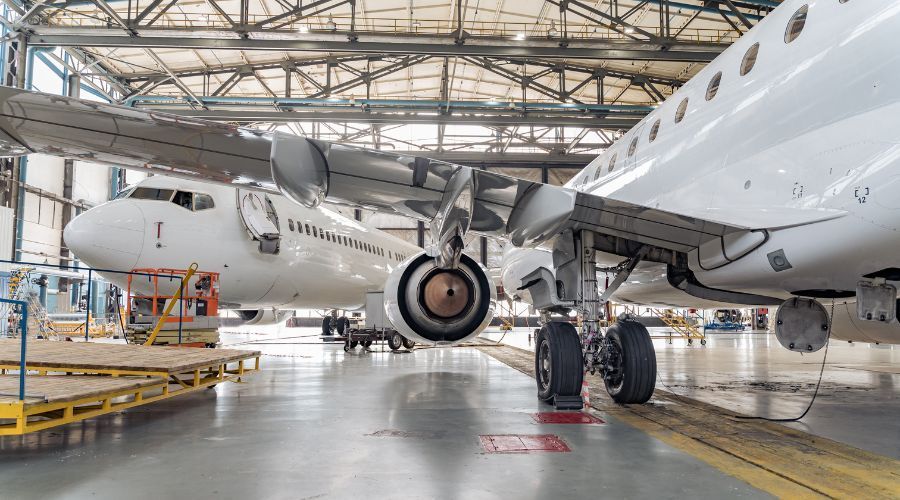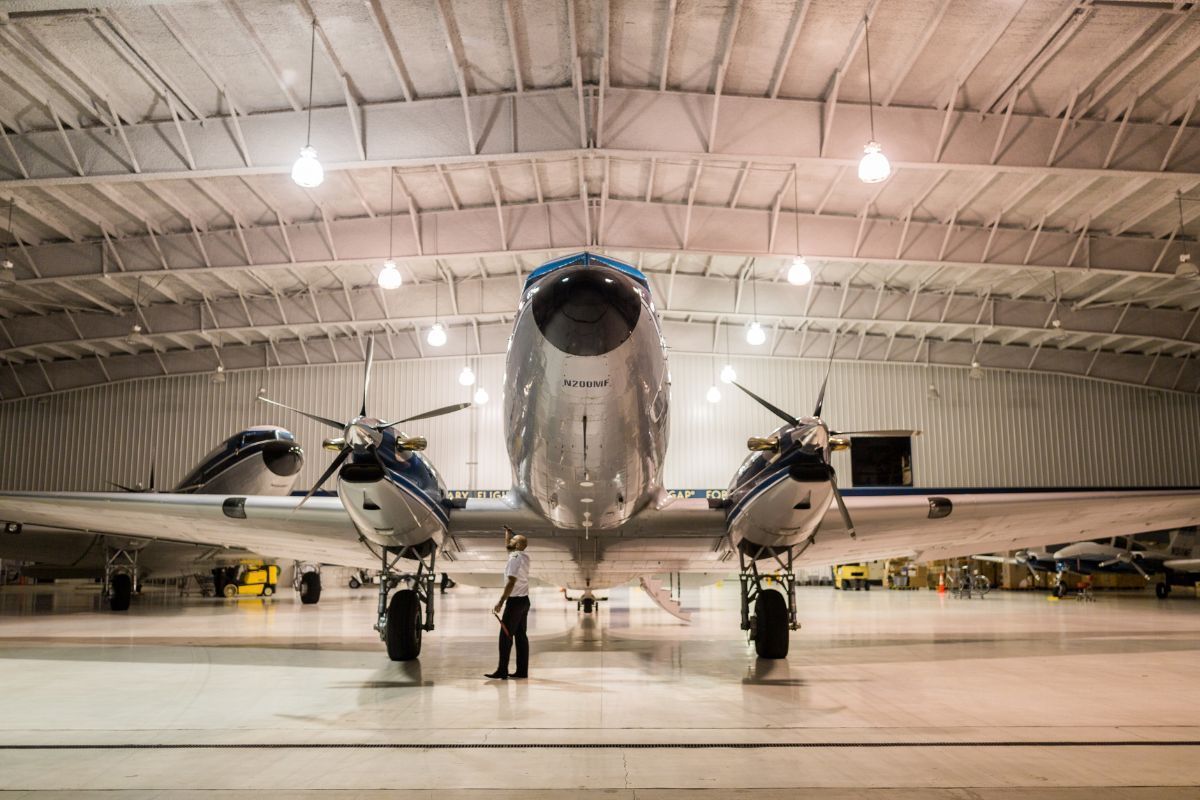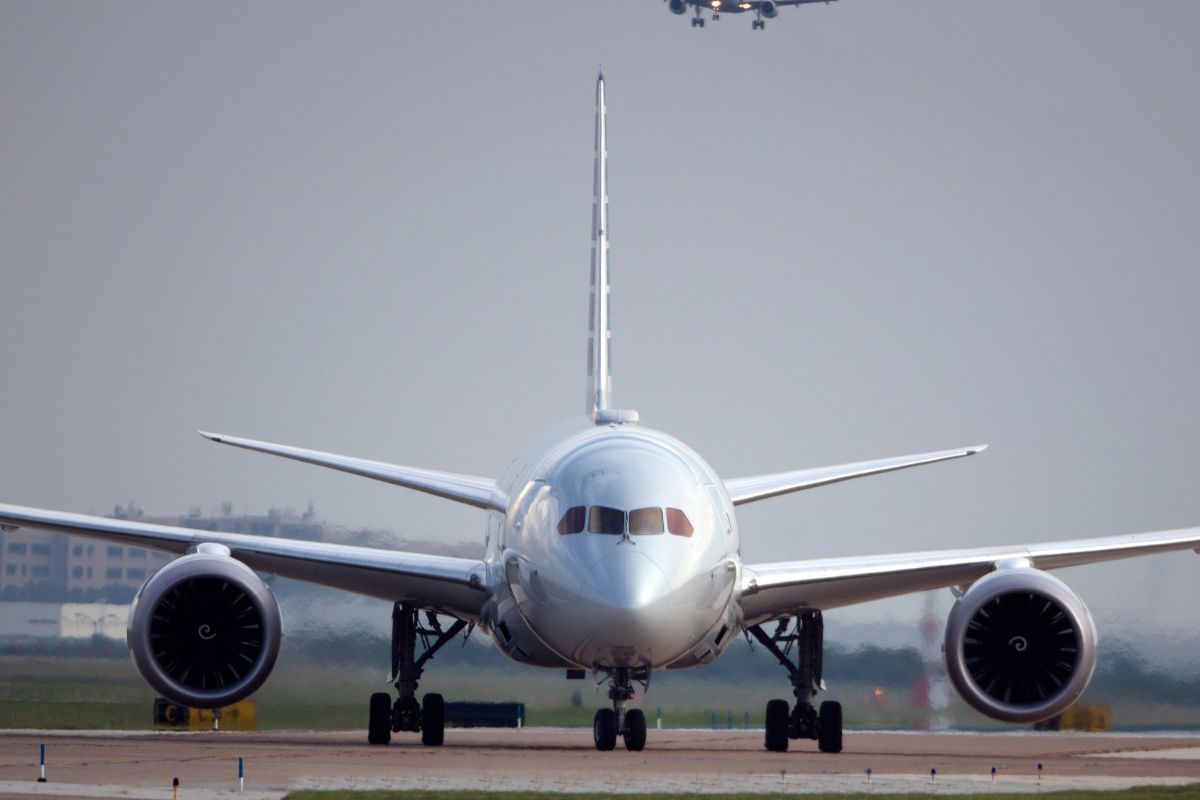A Guide on How to Get A Job in Aerospace Engineering
A Guide on How to Get A Job in Aerospace Engineering
Breaking into the aerospace industry is a dream for many, but with its cutting-edge technology, high standards, and demanding requirements, it can also seem intimidating.
Fortunately, the right preparation can help position yourself as a strong candidate in this cutting-edge sector. If you’re wondering how to get a job in aerospace engineering, this guide will walk you through the essential steps to launch your career.
What Is Involved In Aerospace Engineering?
Aerospace engineering is at the heart of humanity’s most remarkable achievements, from developing cutting-edge rockets to designing weather forecasting systems and advanced aircraft. Engineers in this field are responsible for creating and improving the technologies that drive air and space travel.
The UK aerospace industry ranks as the second largest in the world after the United States, with
the UK Government aiming to capture 10% of the global space market by 2030.
A career in aerospace engineering offers opportunities to work on diverse and challenging projects, such as designing wings for optimal aerodynamics, improving fuel efficiency, investigating aviation accidents, or developing propulsion systems.
What Jobs Do Aerospace Engineers Do?
Aerospace engineers have a wide range of responsibilities, contributing to cutting-edge advancements in aerospace technology.
Here’s an overview of their primary roles:
- Research: To drive technological progress, aerospace engineers research to explore new materials, systems, and techniques. Their findings lead to advancements in efficiency, durability, and aerodynamics.
- Project Oversight: Many aerospace engineers take on project management roles, supervising teams, planning schedules, and allocating resources to bring projects to completion.
- Design: Aerospace engineers lead the creation of spacecraft and aircraft, starting with conceptual designs and detailed blueprints. They check that final products adhere to client needs, environmental standards, and engineering principles.
- Testing and Approval: Before production begins, all designs undergo thorough aerospace testing to verify safety, reliability, and performance. Engineers oversee simulations, analyse data, and conduct prototype testing to refine the product.
- Production Assistance: During the manufacturing phase, aerospace engineers check that production aligns with technical specifications. They troubleshoot issues, refine processes, and provide critical guidance to maintain quality standards.
- Regulatory Standards: Aerospace projects must meet strict governmental and international regulations. Engineers maintain compliance by staying informed about industry standards and collaborating with regulatory bodies during certifications.
- Safety Assessments: To secure the continual performance of aerospace systems, engineers develop maintenance protocols, implement safety measures, and conduct spacecraft or
aircraft inspections.

How To Get A Job In Aerospace Engineering
If you’re passionate about aerospace engineering, there are specific aerospace skills and qualifications you will need to enter this profession.
Here is a step-by-step guide to help you commence your aerospace engineering career.
1. Connect With Industry Experts
Reaching out to professionals already working within the aerospace sector is an excellent way to gain insights into an aerospace engineer’s daily responsibilities.
Consider contacting local engineering firms to inquire about shadowing opportunities, speaking with career advisors at universities, or attending
career fairs to network with industry leaders at aerospace companies.
These actions can show your dedication to prospective employers and help you decide whether this career path is the right fit for you.
2. Meet Academic Entry Requirements
To prepare for a career in aerospace engineering, focus on problem-solving subjects like mathematics and physics during secondary school. Many universities require strong academic performance in these areas for admission.
According to UCAS, to be eligible for an aeronautical or aerospace engineering degree, you'll typically need to achieve an average of A*AA at A Level, AABBB in Scottish Highers, or a DDD in a BTEC qualification.
However, entry requirements can vary between universities and programs, with more competitive institutions often expecting higher qualifications than the standard entry criteria.
Research the entry criteria for the programs you’re interested in, and seek guidance from career advisors to check that you meet the prerequisites.
3. Pursue An Aerospace Engineering Degree
Earning a bachelor’s degree in aerospace engineering - or a related field like mechanical engineering - is typically the first step in an aerospace engineering career.
These programs provide in-depth training in aerodynamics, propulsion, aircraft systems, materials science, and flight mechanics. Many degrees also include practical components like lab work and design projects, which are essential for building technical expertise.

4. Gain Hands-On Experience Through Internships
Internships and
Apprenticeships offer real-world exposure to the aerospace industry. These opportunities allow you to learn from experienced professionals, develop technical skills, and build a network of industry contacts.
Many universities collaborate with aerospace companies to help students secure internships. Be proactive in seeking guidance from your professors or career services to identify internship opportunities.
5. Consider Advanced Studies or Specialisation
While a
master’s degree is not always required, pursuing one can enhance your employability and help you stand out for more specialised or senior roles.
Many programs offer integrated bachelor’s and master's degrees, or you can pursue a separate postgraduate degree in areas like avionics, systems engineering, or space technology.
Advanced studies can also provide opportunities for research and innovation in emerging aerospace technologies. Pursuing a Master's in aerospace or aeronautical engineering can also be valuable if your undergraduate degree is in a different field, helping you transition into the industry and deepen your technical expertise.

6. Apply For Entry Level Roles
Start your career by applying for entry-level positions in government agencies or aerospace companies. Look for openings with regulators like the armed forces,
Ministry of Defence, the armed forces, aircraft manufacturers, space programmes, and the
Civil Aviation Authority.
If you still need experience, securing an internship or apprenticeship can often pave the way to a direct job offer, providing a seamless transition into an entry-level role.
Alternatively, roles in related fields within an aerospace organisation, like mechanical or electrical engineering, may help transition into a specialised aerospace role within the same company. You may qualify for an aerospace engineering position after a few years of hands-on experience.
How We Can Help
We hope that this post helped explain how to get a job in aerospace engineering.
At
Meritus, we specialise in connecting talented people with top-tier opportunities in the aerospace industry. Whether you’re seeking entry-level positions or guidance on transitioning into aerospace roles, our expertise can help you on your journey.
Explore a wide variety of top-tier opportunities in the aerospace industry on our
Job Search page, or give us a call at
02922806922
to discuss your career goals in more detail.
Quick links
Contact us
info@meritustalent.com
Head Office:
Anchor Court,
Keen Road,
Cardiff,
CF24 5JW
A Recolution Group Brand Meritus Talent ©












